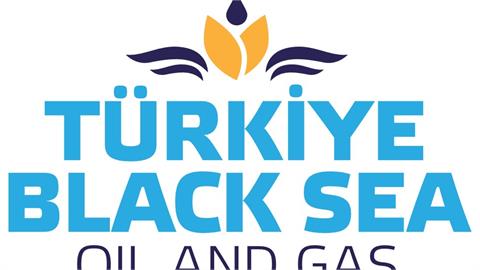The main points and conclusions of a special report prepared by IENE in order to evaluate the impact of the coronavirus (COVID-19) crisis on Greece’s energy market were presented at an online press conference in Athens on Thursday, September 10.
Speaking at the start of the pressconference, the Chairman and Executive Director of the Institute, Mr. Costis Stambolis, noted that "apart from the significant economic, social and political implications at global and national level, the spread of the coronavirus has immensely affected the energy sector. The most obvious impact has been the sudden and sharp drop in demand, which affected all energy markets, resulting in a significant decline in prices, especially in the oil sector, but also in gas andat a lesser degree, in electricity."
Among other things, the report points out that the COVID-19 pandemichas adversely affected hydrocarbon exploration, the construction and maintenance of energy and industrial units (power generation, refining, transportation), electricity providers and oil trading companies, as well as oil and gas producers,and the manufacturers and installers of photovoltaic panels, wind turbines and batteries. There have also been negative consequences in the building of tankers and LNG and LPG carriers, as well as ofspecial offshore equipment used by oil and gas production units. The coronavirus pandemichas also greatlyaffected EU carbon allowanceprices (EU-ETS), as a result of its restrictions on economic activity.
As underlined by IENE’s Head ofResearch, Mr. Dimitris Mezartasoglou, "the aim of this specialIENE report was to highlight the aforementioned effects of the spread of the coronavirus pandemic throughout the energy sector in Greece, and also to provide adequate and reliable data. The methodology followed was based on, (a) a thorough analysis of data produced by key players and companies in the domestic energy market and (b) the sending-out and analysis of targeted questionnaires to selected domestic energy companies, with the ultimate goal of a more comprehensive and specializedmapping of the Covid-19 pandemic impact on companies in broader energy sector. "
In addition, Dimitris Mezartasoglou noted that, "the main issue of the specialreport was to investigate the ways in which the Greek energy system responded to the spread of the pandemic and how it was affected by various restrictive measures,while maintaining its reliability and its smooth operation. At the same time, this special report is a record of everything that hashappened in the energy sector during the period when the coronavirus epidemic was in full swing, a fact that helps formulate appropriate policies in order to be able to deal with similar crises in future. "
According to the IENE report, the main effects of the coronavirus pandemic on the Greek energy market can be summarized as follows:
•The coronavirus crisis has contributed in accelerating changes in consumer and business behaviour, with the adoption of new business models, further digitalization, travel restrictions, telework, e-commerce, etc. These changes resulted in a sharp decline in energy consumption, which has affected and will further affect the energy sector, but at the same time could facilitate the fullfilment of energy and climate policy objectives.
•The systemic risk of consumer insolvency, especially in the electricity sector increased significantly, especially during the initial outbreak of the pandemic. Maintaining a satisfactory rate of collection of electricity and gas billsproved to bekey factor for the smooth operation of the system, as a likely failure to control it could have resulted in chain effects possibly undermining the stability of the whole energy system.
•The already significant degree of digitalization and automation, which has been introduced in Greece’s energy system in the past years, proved to be a key factor in maintaining its smooth operation. This development was observed both in the transmission and distribution of electricity (viz. HEDNO and IPTO) and in the transport of natural gas (viz.DESFA).
•Reduced energy demand has weakened the forces influencing pollutant prices.In conjunction with the recent decline in international oil and gas prices, and should these be kept low over the next few months, they may compromisethe competitive position of RES and energy efficiency investments.
•The uncertain prospects of the global and national economy may induce energy companies to move even more cautiously and possibly postpone investment plans.
•The planning and execution of a number of large investment projects in Greece undertaken by majorenergy companies was not particularly affected, except in certain cases (eg FSRU Alexandroupolis, PPC Ptolemaida 5 Power Plant, regional gas networks) while most of the large investments (e.g. electric interconnection of Crete, IGB etc.) progressed according to schedule.




